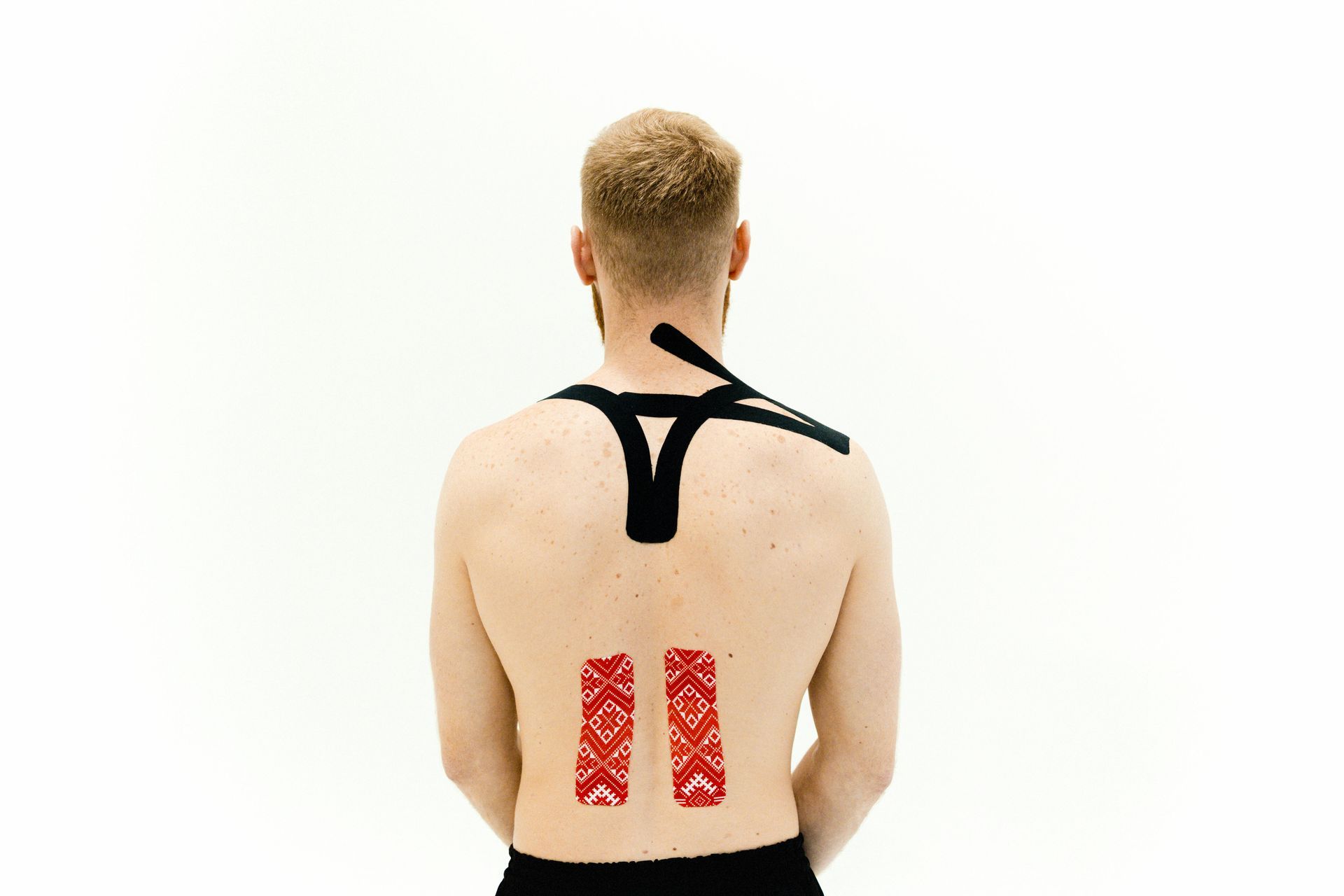Back Pain Physiotherapy in Rutherford NJ
Back pain is widespread – almost everyone experiences it at some point. It's like getting a headache; it happens! But when back pain sticks around and interferes with your daily life, it's time to take action. It can put a damper on your day, whether it's a dull ache or a sharp, shooting pain.
Back pain can have causes that aren't due to underlying disease. Sometimes, it's from lifting something heavy; other times, it's from sitting at a desk for too long; and sometimes, it seems to come out of nowhere!
If you're experiencing back pain, seeking professional help is essential. A physical therapist can help you identify the cause of your pain and develop a treatment plan to address your specific needs. For back pain therapy in Rutherford NJ, you can click on the book now below!
How Can Back Pain Physical Therapy help in Rutherford NJ?
Think of your physical therapist as a detective for your body. They'll work with you to determine what's causing your back pain. Is it your posture? Are some muscles weak? Are others too tight? Once they find the source of the problem, they'll create a personalized plan to get you back on track. This might involve hands-on techniques where the therapist works on your muscles, including exercises and stretches.
Physical therapy is like learning a new skill; your therapist is your expert teacher. They'll guide you through each step, ensuring you're doing the exercises correctly and progressing at the right pace. They'll also help you understand your body better to take care of your back and prevent future pain.
What to Expect at Your First Appointment
Physiotherapy for Back Pain
Walking into a physical therapy clinic for the first time might seem intimidating, but there's no need to worry! It's similar to visiting a doctor. First, they'll want to hear your story. When did the pain start? What makes it better or worse? What are your goals for therapy? Then, they'll do some physical tests, like checking your range of motion and how your back moves.
Be bold and ask questions anything about Physiotherapy for back pain! Physical therapists love to explain things. They want you to be an active participant in your recovery. After all, it's your body! By the end of your first appointment, you'll understand what's causing your back pain and a plan to start feeling better.
Benefits of Back Physical Therapy
Physical therapy isn't just about masking the pain; it's about finding long-term solutions. It's like fixing a leaky faucet instead of just mopping the floor. Here are some of the excellent benefits:
- Pain Reduction: This is the most obvious one! Physical therapy helps reduce pain by addressing the root cause of the problem.
- Improved Flexibility: Like a rusty hinge, your back can become stiff. Physical therapy helps loosen things up, making everyday movements easier.
- Increased Strength: Strong muscles act like a supportive brace for your back. Physical therapy helps build that strength.
- Improved Range of Motion: Can't bend over to tie your shoes? Physical therapy can help you regain that lost movement.
- Injury Prevention: Learning to move correctly and strengthen your back makes you less likely to get injured again.
Back Pain Physiotherapy FAQs
Contact us today!
Back pain can be real (no pun intended!), but you don't have to suffer. Physical therapy is a safe, effective, and natural way to get back to doing what you love. It's like giving your back a tune-up so it can run smoothly again.
Don't let back pain hold you back! Contact Joint Health Physical Therapy today, and let's work together to get you feeling your best.
Call us today to make your first step to towards recovery
We are equipped with the best most updated equipment




